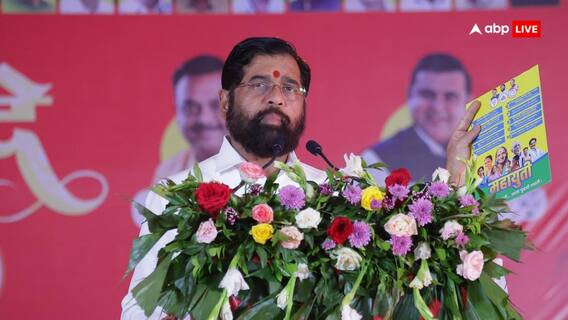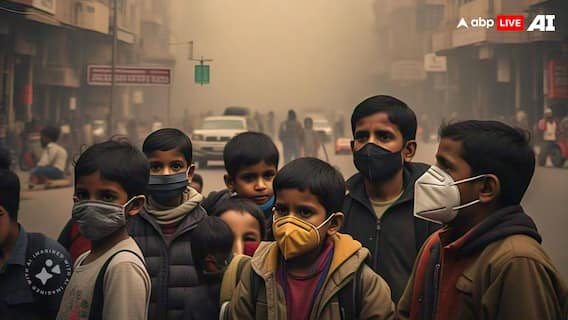'Women's Rights Not A Priority': Taliban After Education Ban In Afghanistan
"The Islamic Emirate tries to regulate all matters in accordance with the Islamic Sharia, and the ruling government cannot allow act against the Sharia in the country," Taliban said.

In the midst of the Taliban regime's ongoing violations of Afghan women's rights – they are barred from universities and from working in non-governmental organisations (NGOs), Taliban spokesperson Zabiullah Mujahid stated in a statement that lifting restrictions on women is not a priority for the group, according to Khaama Press, news agency ANI reported.
The Taliban declared on Saturday that it would not tolerate any behaviour that violated Islamic law, and that any complaints about limits on women's rights would be addressed in accordance with the group's established policy in the nation.
"The Islamic Emirate tries to regulate all matters in accordance with the Islamic Sharia, and the ruling government cannot allow act against the Sharia in the country," Taliban chief spokesperson Zabiullah Mujahid's statement was quoted by Khaama Press in its report.
The Taliban's newest step to prohibit women from working in non-governmental organisations provoked demonstrations by female university students and women activists around the country, as well as global condemnation.
Some foreign governments, including those of the United States, the United Kingdom, Germany, the European Union (EU), the United Nations (UN), the Organization of Islamic Cooperation (OIC), and other international aid organisations, strongly condemned the action and urged the Taliban caretaker government to lift the ban and allow Afghan girls and women to continue their education and work with NGOs, according to Khaama Press.
According to a UNICEF assessment issued in August, the lack of secondary education for females in Afghanistan has cost the country's economy at least USD 500 million over the last year, or 2.5 percent of GDP.
According to Khaama Press, Zabiullah Mujahid also advised Afghanistan's allies and foreign assistance groups to recognise religious needs in Afghanistan and avoid attaching humanitarian help to politics.
On January 13, 11 nations asked Afghanistan's Taliban regime to lift all restrictions on women and girls, enabling them to return to public life - to acquire an education and to work.
The Taliban authorities, on the other hand, have not changed their relatively stringent policies on women's education, work, and movement in the country.
Meanwhile, the Organization of Islamic Cooperation (OIC), an international organisation comprised of all Muslim-majority nations, has rejected the Taliban's assertion that their treatment of Afghan women and children is in accordance with Sharia law, according to Khaama Press.
The OIC has frequently urged Taliban leaders to lift gender-based restrictions and enable Afghan women and girls to exercise their inherent fundamental rights, such as the right to an education, to work, and to appear in public.
Erdogan Calls Taliban Ban On Women's Education 'Un-Islamic'
In a televised speech on Wednesday, Turkish President Recep Tayyip Erdogan called the Taliban's decree to bar university and basic education for Afghan women "unIslamic," pledging to monitor the problem until it is handled, Middle East Eye reported.
While addressing an international conference on ombudsmanship in Ankara, Erdogan stated: "It is inhumane and un-Islamic. There is no such thing in our religion. No one should define any ban like that based on Islam. Islam does not accept such a thing. On the contrary, we are members of a religion that says 'seek knowledge from the cradle to the grave'.”
IPL Auction 2025
Top Headlines
Trending News







































